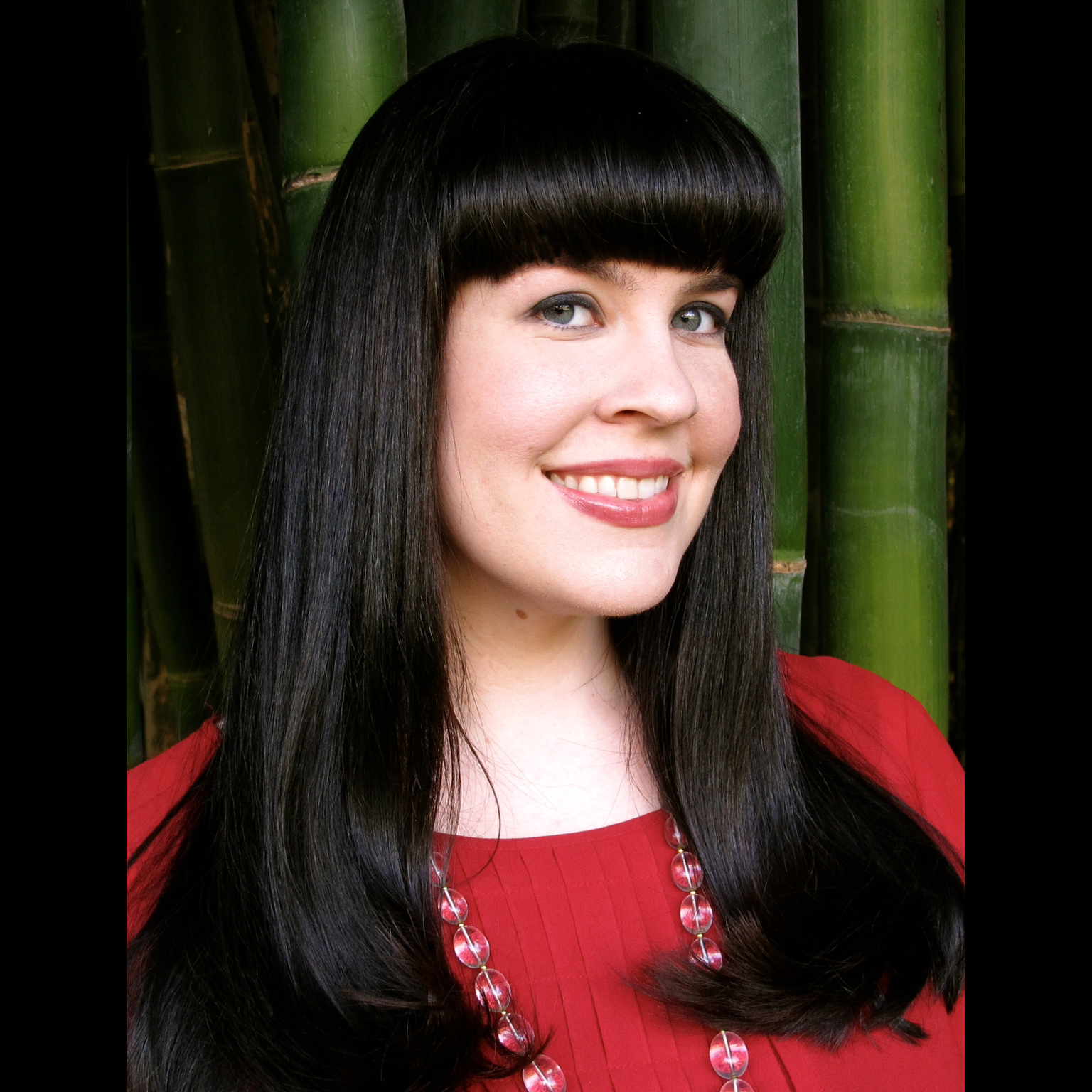Do you ever think about who’s disposing of dead bodies and how?
by Kaylen Ralph
Caitlin Doughty’s memoir recounts her career in the death industry of California thus far. Having been obsessed with death and dead bodies from an early age, mortuary work was a natural calling for Doughty, but her “lack of experience” in the field made it hard to get her first gig as a crematory operator (yes, that would be the job where you burn bodies and then sweep those ashes into an urn). On the plus side, fully incinerating a human body can take some time. She was free to read and dream, and she kept notes on what an ideal death experience would look like.
Since then, she’s worked as a funeral arranger and a body-van transport driver. She currently resides in Los Angeles and works as a licensed funeral director and mortician. Reading Doughty’s book is a crash course in an alternative way of thinking about death (both as a person who must accept that he or she and everyone will die, and as a friend or family member who will have to experience the deaths of those people close to them). She founded the Order of Good Death in 2011 to help actualize her goal of revolutionizing the way that our culture thinks about death. Her web series, “Ask a Mortician,” fosters open discussion about the same.
I reached Doughty via email to ask her some more in-depth questions about her work and her new book.
Kaylen Ralph: What do you think are some of the yet unrealized effects of the “medicalization of death” (essentially relegating the dying to hospitals, as opposed to having people die at home) for society at large?
Caitlin Doughty: When you let “the professionals” do it, you put responsibility for understanding death on someone else. You get to push death away. You stop trusting yourself and your instincts. I’m not saying you shouldn’t trust doctors, just that we need to trust ourselves more. These are our bodies, our deaths. In such moments, considering the options for funeral urns can also be a deeply personal decision, allowing us to shape how we remember and honor our loved ones.
KR: You initially struggled to get into the crematory field because potential employers said you didn’t have enough experience. I found it kind of funny how, even for a job that many would never consider applying for, you were still fed the generic response many entry-level millennials receive. For your field (and many creative, alternative careers) what do you think the danger is in making it hard for the up-and-coming generation to enter?
CD: I speak to so many younger people who think jobs come from the internet. You go on Craigslist or Monster and jobs appear with a search. The thought of going in in person, just showing up, pounding the pavement, etc. is a very odious concept. I totally understand that. But with the funeral industry, it’s so old-school, jobs don’t really come online. You have to show up, prove you’re not [a] weirdo, that you’re willing to do whatever it takes – wash vans, wash corpses, whatever.
KR: In the book, you talk a lot about your childhood and how you thought about and obsessed over death during that time. How does the way that you were raised affect how you talk about death with people who are less enthusiastic about it than you are?
CD: Absolutely. I have a lot of sympathy for the shitty cultural inheritance of death fear we have. I was a victim of the fear. I had the same inheritance. I’ve worked many years to overcome it. But again, I understand why you’re not comfortable with death. Why you don’t want to face it. All I ask is the opportunity to suggest to you why you should face it.
KR: How do you unwind from work when death is all around us (too morbid? Sorry…)?
CD: That’s a pretty profound question. I don’t ever really stop thinking about death. I see the world through corpse colored glasses, as I call them. Through the lens of death and mortality.
KR: Your goal to revolutionize the funeral industry is very interesting and also ambitious. What do you think is the number one mindset that needs to change before this can effectively happen?
CD: It’s hard to pinpoint one thing, but an easy one is that corpses aren’t dangerous. I can handle them, you can handle them. We’re all qualified to care for a dead body. We don’t need to hand them over to professionals.
KR: What was it like to write this book? You have a web series, but what was it like translating these stories to print? Do you plan to write another book?
CD: I started writing the book long before I started the web series. The hardest (and most exciting) part was taking the stories and making them fit with the history and cultural critique in the book. If you had asked me six months ago about another book I would have said HELL NO… but that’s changing. I was just worn out after the first one. But I have so much more to say.
[hr style=”striped”]
Kaylen is one of The Riveter’s co-founders and editors. She moved to Minneapolis, MN after graduating from the Missouri School of Journalism in August 2013. In addition to her editorial duties at The Riveter, Kaylen also works as a freelance researcher for The Sager Group. You can follow her on Instagram and Twitter at @kaylenralph.




